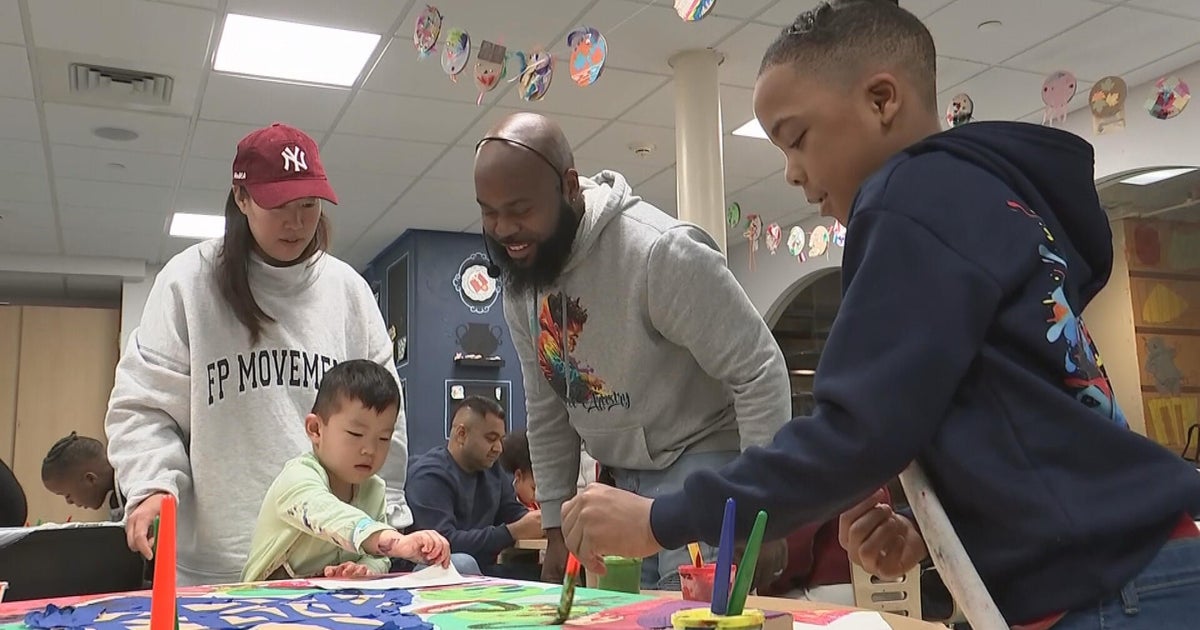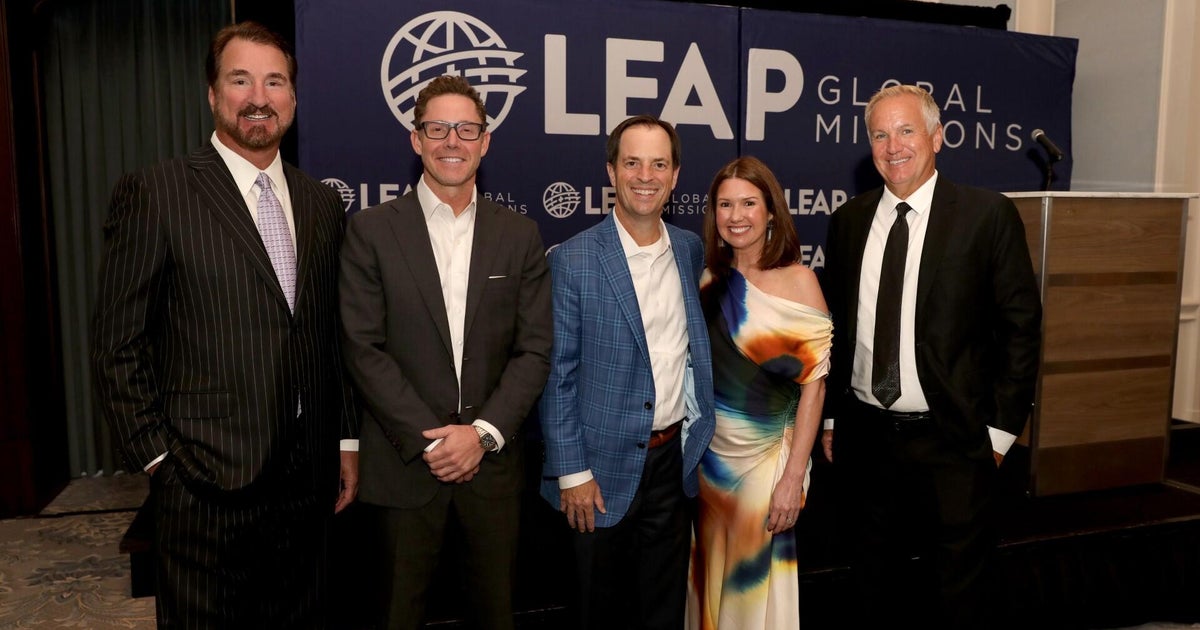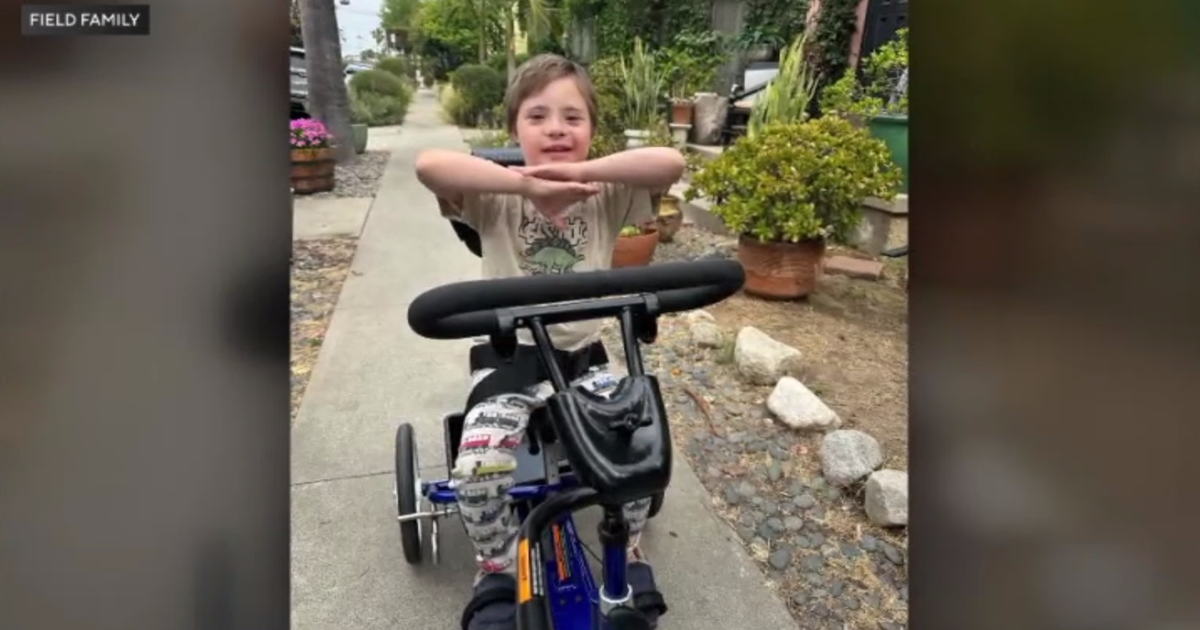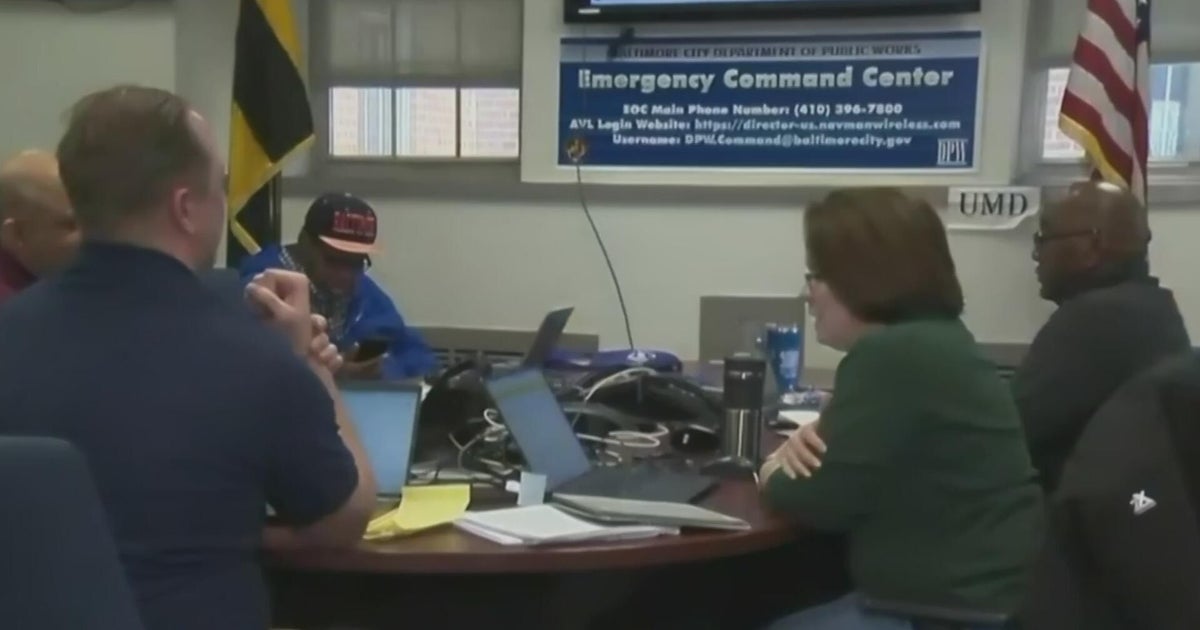Competition Pits Tech Developers Against Disability Challenges
By KYW tech editor Ian Bush
PHILADELPHIA (CBS) - There are just a few weeks of tinkering to go for some Philadelphia-area developers competing in a worldwide $100,000 challenge. Their goal is to come up with technology to empower people with disabilities.
Think of Paul Kotler as Steve Jobs when it comes to this contest: he's the idea man.
"We need an app that senses our anxiety and provides calming feedback," Kotler says. "Typing faster helps a lot. And being able to arrange it to help with some simple tasks as a learning tool."
The 26-year-old from Downingtown has autism, and uses an iPad with text-to-speech software to help him communicate. But it's not enough. It can't keep up with him. Updates in apps and operating systems make for confusing changes. And it certainly can't convey his passion for advocating for others with the neurodevelopmental disorder.
The app and hardware developers taking part in the Connect Ability Challenge look to him, as well as to three other exemplars -- Jason DaSilva, a Brooklyn filmmaker with multiple sclerosis; Xian Horn, a Manhattan teacher, speaker, and writer with cerebral palsy; and Gus Chalkias, an assistive technology specialist and career counselor from Queens who is blind -- to guide them toward solutions to the stumbling blocks they encounter.
AT&T and New York University's Ability Lab are partnering on the three-month competition, which offers a $25,000 grand prize for the designer of a new app, wearable, or other technology judged best at improving the lives of people with disabilities. Some of the ideas for Paul include using stenographic theory in an app to help him translate his thoughts to text and speech more quickly, and a biosensor that could predict and prevent anxiety attacks.
"Communication is central to everything in life, to feeling part of a community, to working, to learning, to feeding strong relationships, and to independence," Kotler says. "I want to do this because I understand how it is to feel trapped inside -- wanting out, but with no way to express it. I want to get the word out that people with autism have a place and deserve to be understood and heard."
"I'm very proud," says Paul's mom, Melinda. "He went through a lot to get where he is today, and he does feel that he needs to provide that same opportunity to other people in his situation, and unfortunately there are many others in his situation."
Melinda is co-founder and executive director of TALK Institute and School in Newtown Square, which serves students with speech and language disorders. The organization is hosting an open house on June 3.
"Individuals with severe speech and language disorders and children with autism are often assumed to be cognitively impaired, but that's an unfair judgment," she explains. "They are intelligent. And it's very important that children or any individual with autism be given the opportunity to have a system that allows them to communicate at their true level of communication."
Competitors have been working since early April on their designs. The winners will be announced on July 26 -- the 25th anniversary of the Americans with Disabilities Act.







